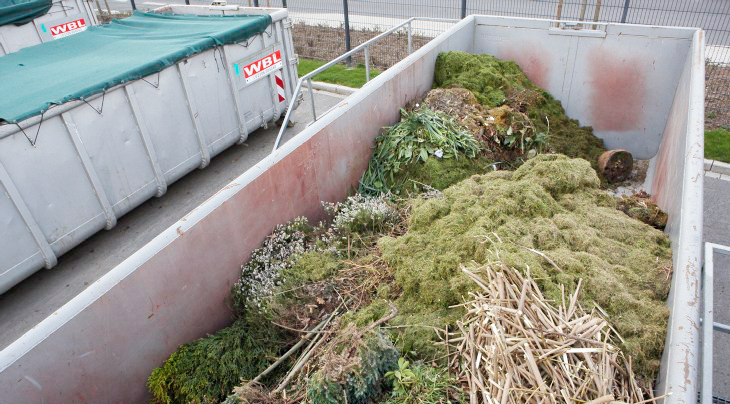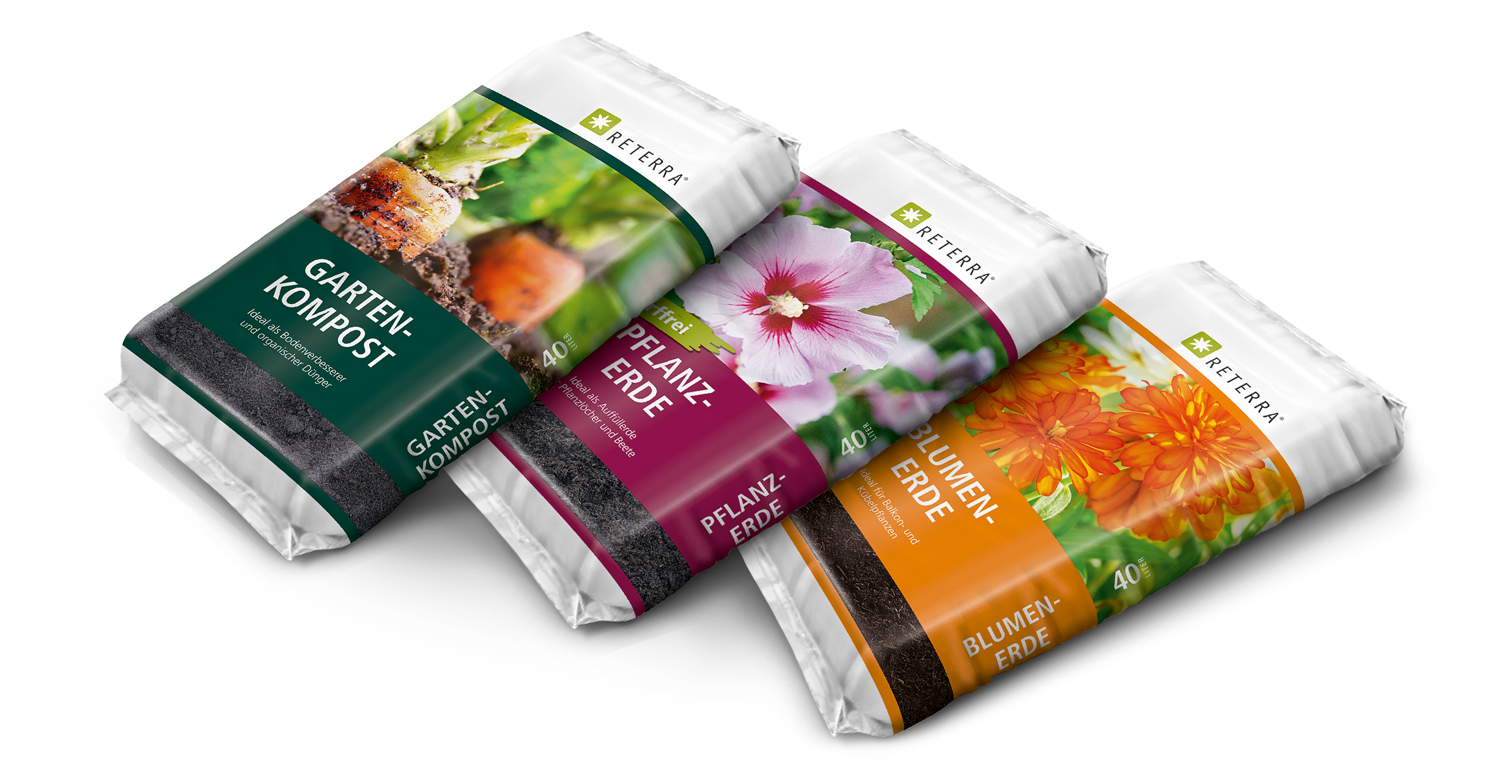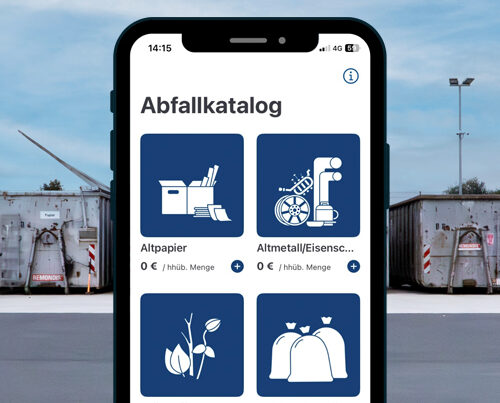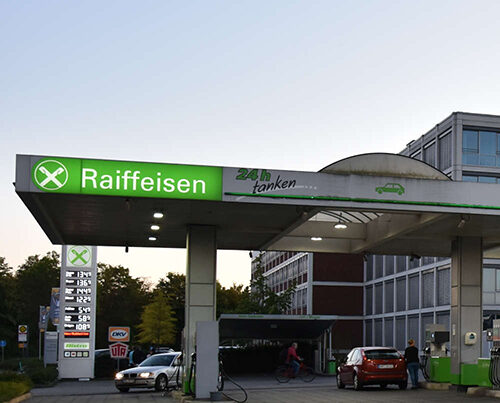“Back to nature”- no doubt that’s what the garden owners think when they dump their grass cuttings, hedge trimmings and fallen leaves in the countryside. While such actions may seem to be a natural thing to do – adding grass and leaves to grass and leaves – and may even be considered a good deed, the opposite is true. No matter whether it be down to ignorance or laziness, dumping garden waste in woods and fields causes huge damage to the local flora and fauna – and councils will issue fines to anyone caught fly-tipping their garden waste.
Aloys Oechtering, managing director of RETERRA Service GmbH, is dedicated to this cause and is calling on everyone to handle their garden waste responsibly:
“Dumping it in the countryside is not only harmful for the local wildlife and vegetation. It also means that valuable raw materials are lost that could be used to generate energy and produce professional soil improvers. It is really important that local inhabitants separate their organic waste and put it in their organic waste bins and take their garden waste to their local household waste recycling centre.”
RETERRA is the REMONDIS Group’s specialist for organic raw materials. The company recycles organic waste across Germany and transforms it into high quality products such as composts, substrates, soil coverings and wood-based fuels.

Aloys Oechtering, Managing Director of RETERRA Service GmbH
Grass cuttings create dead zones
Thick layers of garden waste that are dumped on top of young and healthy plants effectively act as a seal. First of all, the smothered plants die off. But that’s not all: the material stops the air getting through to the humus, suffocating the creatures and organisms living in the soil – from worms to bacteria. This encourages decay and the generation of toxic gases as the materials are unable to completely decompose. The dumped garden waste, therefore, does not act like a fertiliser but creates a small dead zone that has a long-term negative impact on the soil.
What’s more, garden plants mixed in with the garden waste can spread through the countryside, ousting the native vegetation. Examples of this include giant hogweed (Heracleum mantegazzianum) and a variety of ornamental grasses that invade the area because their seeds or plant cuttings are in the grass. It is both a complex and an expensive process to remove them from the affected area.
Finally, the countryside may become contaminated with leftover fertilisers or even herbicides – something that could, in particular, pollute drinking water supplies in water protection zones. Plant material that has been dumped illegally in the countryside can also attract vermin or create unpleasant odours once the material starts to rot. This is always a big problem for the people living on the outskirts of towns.

A better solution: HWRCs
Household waste recycling centres (HWRCs) across Germany accept garden waste and fallen leaves. Some municipal waste collection firms even add extra collection days at certain times of the year or enable local residents to arrange for a collection vehicle to come to their homes in autumn. Every garden owner has access to a convenient way of disposing of their garden waste.
Having waste management firms collect their garden waste also means that the plant material can first be used in anaerobic digesters to generate biogas before being transformed into high quality composts. Dumping garden waste in woods and meadows, therefore, is not only damaging for the environment, it also prevents valuable materials from being recycled.
Collecting garden waste is one of the many ways that can be used to produce climate-friendly energy. And, once it has been transformed into compost, the material really is then ready to go “back to nature” – as a valuable substance for improving the quality of soils. Used with the necessary expertise, composts help to build up the layers of humus, replace artificial fertiliser, promote a more natural form of farming and improve the ability of the soil to store water.

Image credits: image 1: Adobe Stock: Animaflora PicsStock; images 2, 3, 4: REMONDIS












